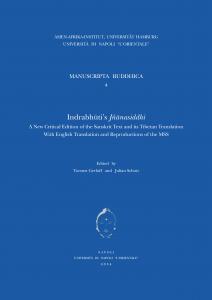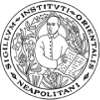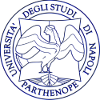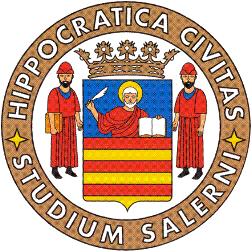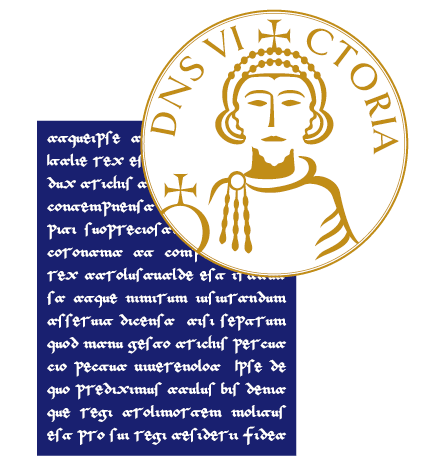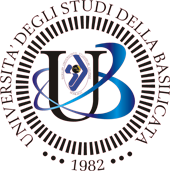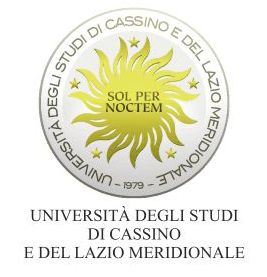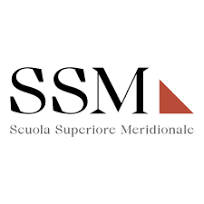Indrabhūti’s Jñānasiddhi. A New Critical Edition of the Sanskrit Text and its Tibetan Translation With English Translation and Reproductions of the MSS
Sinossi

Editore: UniorPress
Collana: Manuscripta Buddhica
Pagine: 786
Lingua: Inglese
NBN:
Abstract: Questo volume di Manuscripta Buddhica contiene una nuova edizione critica e traduzione annotata della Jñānasiddhi di Indrabhūti, un testo tantrico buddhista molto influente, composto in sanscrito buddhista tra la fine dell'ottavo e l'inizio del nono secolo nell'Uḍḍiyāna. L'opera di Indrabhūti, qui presentata con un ricco saggio introduttivo, numerose appendici e l’edizione anche della traduzione tibetana, fornisce insegnamenti preziosi sul raggiungimento (siddhi) del jñāna, la "conoscenza risvegliata" di un Buddha. Attingendo a una vasta gamma di fonti tantriche antiche, Indrabhūti approfondisce abilmente le vaste dimensioni filosofiche e pratiche inerenti all’argomento della sua indagine, offrendo una panoramica completa che abbraccia tutti gli aspetti relativi al raggiungimento della gnosi. Indrabhūti utilizza citazioni e commenti di altre scritture tantriche fondamentali, conferendo al suo testo un significato vitale per la comprensione e l'evoluzione delle tradizioni tantriche buddiste. La sua opera testimonia il periodo di trasformazione della predominanza dei precedenti yoga- e mahāyogatantra in quella dei successivi yoginītantra, migliorando così la nostra comprensione di questa fase di sviluppo cruciale del tantrismo indiano.
Downloads
